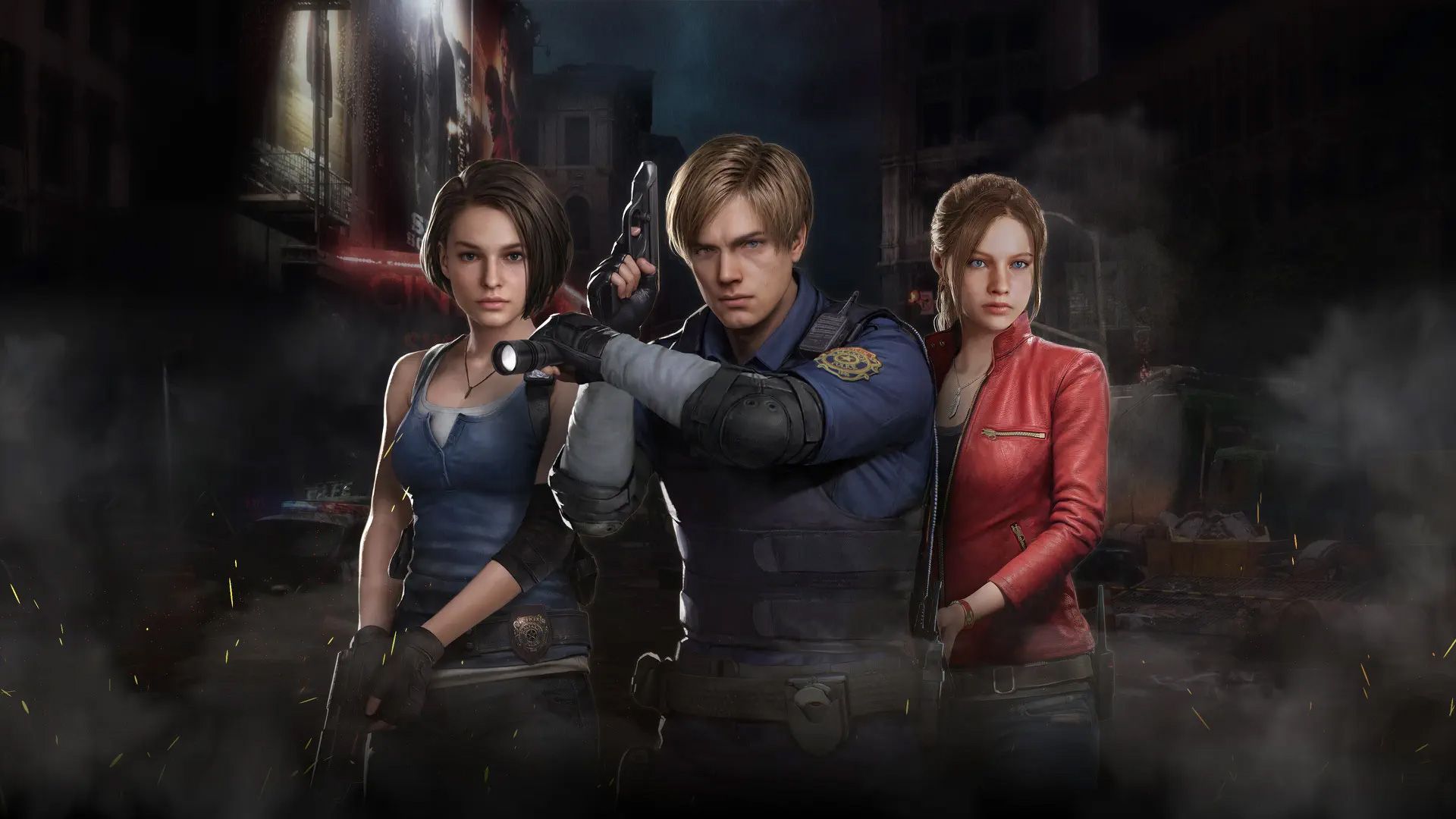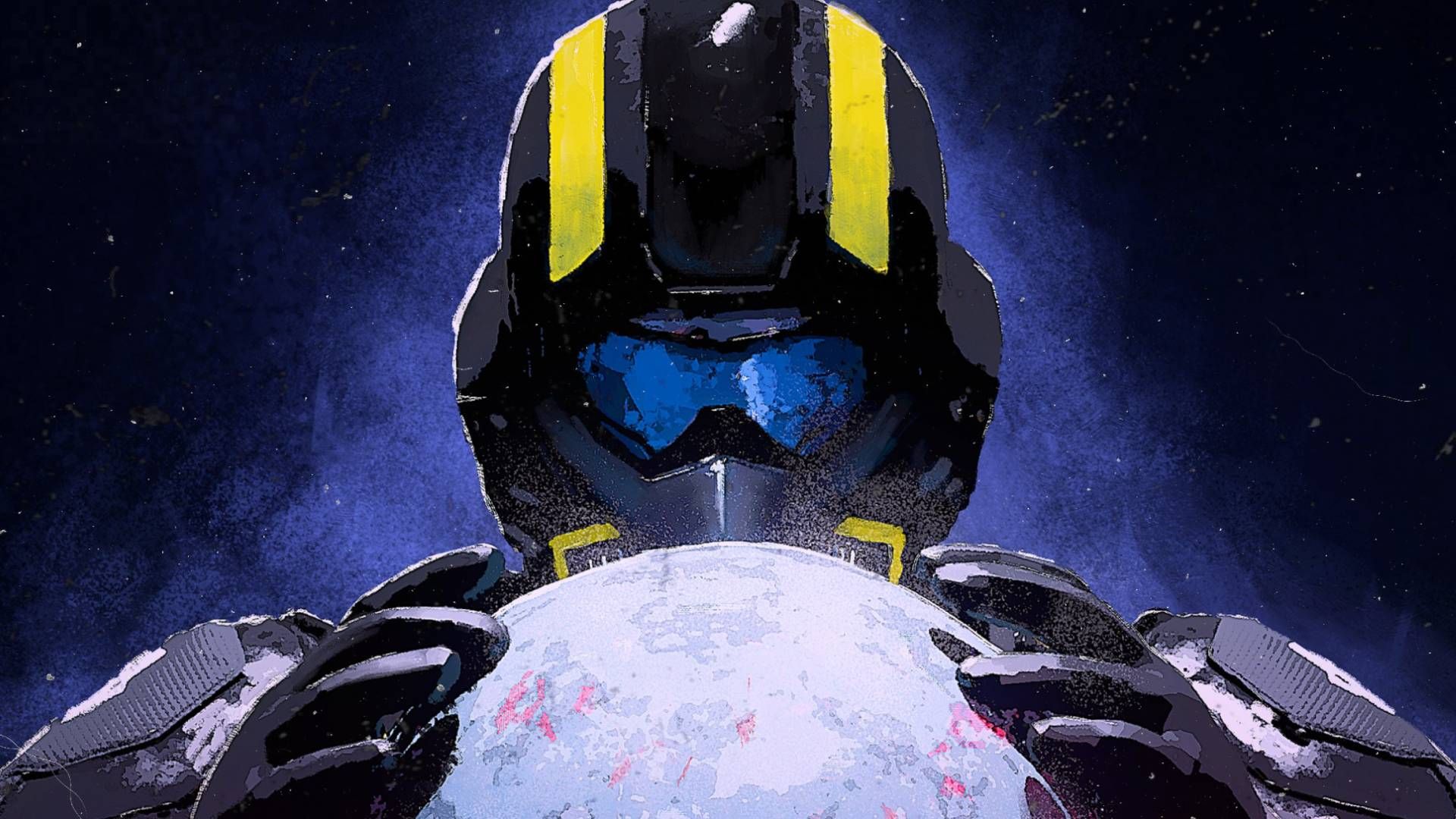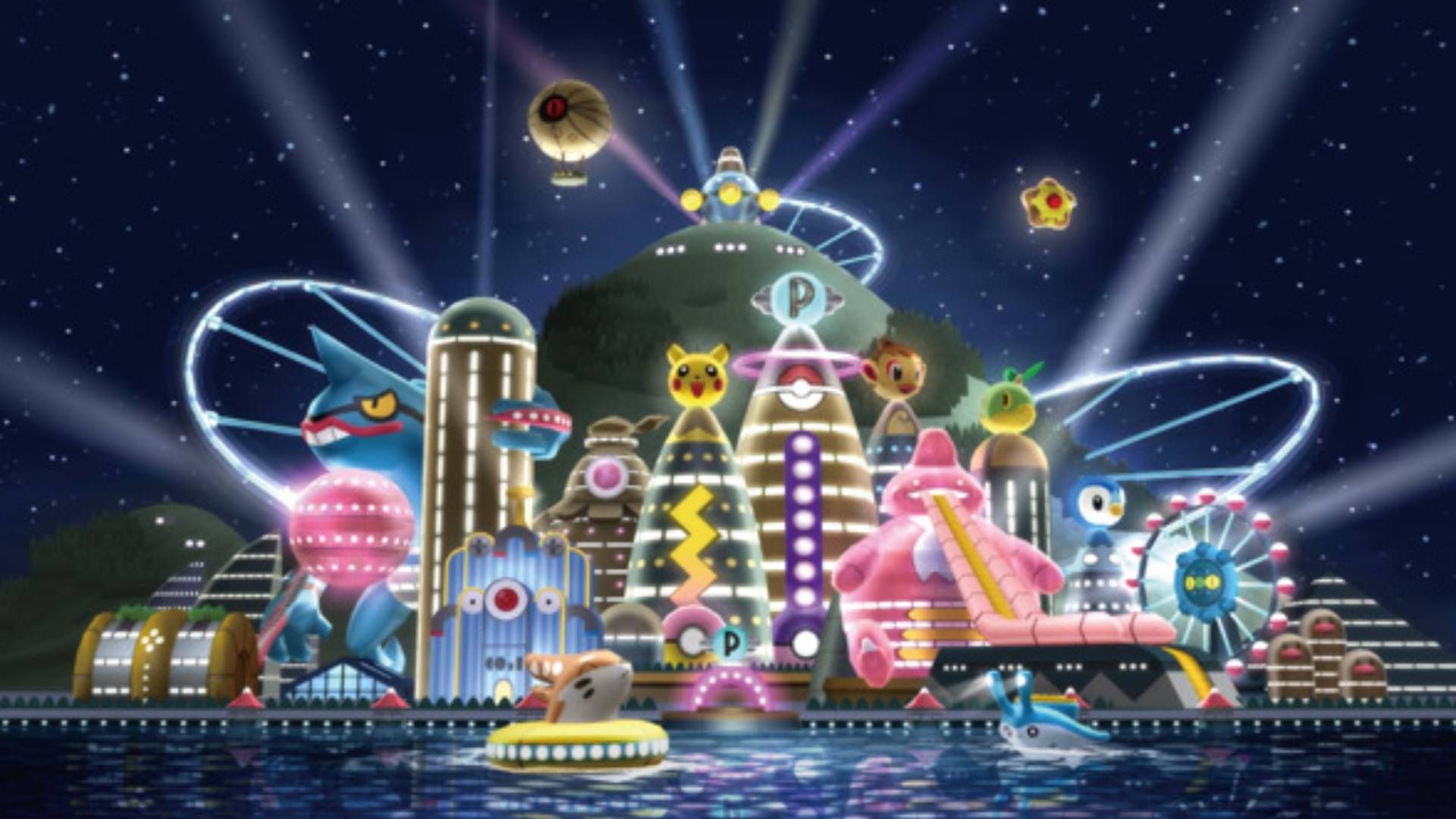
When I play Dwarf Fortress–or dip my toes back in by reviewing the records and legends of my worlds–I remember something my mom once told me. Having immigrated from India to the United States when she was three, she wasn’t familiar with a multitude of things that saturate our culture. Chief among those was the Bible, and when she sat down and read it, she wondered why no one told her how sexy it was. Full pages filled with begats, full pages devoted to lustful jealousy, full pages of illicit sex (and the scandals derived thereof). I had a similar feeling in my English classes: When I read Jane Austen, I wondered why no one tells teenagers that you’re supposed to find it funny; when I think about Wuthering Heights, I wonder why no one tells people there’s a fucking ghost in the very first chapter. And I have a similar feeling about Dwarf Fortress, a game I avoided playing for years because all I ever heard was that it was hard. Dwarf Fortress, as it turns out, is delightfully human and absurd.
The thing about not knowing the Bible is sexy, or that Austen is funny, or that Bronte is dark as hell, is that it denies readers a sense of joy when they interact with those texts. We are supposed to read the Bible in a certain way, as a moral backbone to our culture, and ignore just how much and how often it talks about sex. Austen and Bronte are grand narratives about women in the Regency era, but they also have room to delight or disturb. This is how you get young people to relate to these things, the things that they have no real way to relate to.
The tropes of fantasy saturate the genre as much as the Bible saturates American culture–if you haven’t read much Tolkien (or if you haven’t liked much of the Tolkien you have read), all you get out of a lot of modern fantasy is the knowledge that the author is really into The Lord of the Rings. In terms of that saturation, Dwarf Fortress is no different. It’s dwarves, elves, goblins, wars and barons and kings and kingdoms. If you’ve never played Dwarf Fortress, you probably only know two things about it: It’s got dwarves in it, and it’s really hard.
But there’s a secret layer to Dwarf Fortress. Underneath the swords and the ale, it is a way for you to make compelling, touching fantasy stories.
“One Ring To Rule Them All”
Have you ever noticed how much of Fantasy, as a genre, is about reinstating a monarchy? Generally speaking, the arc of a fantasy plot is this: change is coming, change is bad, and we must stop all change. Most fantasy is rooted in a telephone game version of Arthurian legend, which posits that England (or a metaphorical England) is still waiting for its one true king to return, often twisting that old story only with a dash of Tolkien’s dwarves and elves and orcs.

J. R. R. Tolkien is, for good or for ill, the architect of most modern fantasy. Unfortunately, what modern fantasy seems to have taken from Tolkien is not his unlimited imagination, but his tendency to dump lore in a solid chunk right into the middle of the chapter. It is so disappointing to see the lore take precedence over the people that live in that world. Towns aren’t towns in fantasy–they’re weigh stations, nondescript inns, places to pause as you hear another part of an ancient prophecy. So many fantasy books and movies dedicate time to developing original languages and maps, but spend little energy developing their characters or plot structure, instead choosing to ape The Lord of the Rings (and often ending up only with cardboard-cut out facsimiles).
It isn’t the tropes themselves that bother me, it’s the way that fantasy leans on those tropes so that these stories all become variations on the same themes. A ring of great power is as boring as a wife who dies in the first act to motivate the male lead: As soon as those things show up, I know exactly what beats these stories will hit, and I’m no longer interested.
It’s the ubiquity of these fantasy elements that makes, say, A Song of Ice and Fire so thrilling. In George R. R. Martin’s world, the long lost true Queen is potentially a villain (or at least very morally grey), the traditions the culture clings to are presented as absurd, and the monarchy that Westeros depends on is killing it. There are other exceptions, of course; like Harry Potter which was essentially crack for eleven year olds, and it’s more cynical and adult counterpart, Lev Grossman’s The Magicians.


But these books deal much less in the rote recitation of tropes than in using fantasy as an allegory for something else. For Rowling, it was racism, and for Grossman, it was growing up. For those authors, the tropes of fantasy are more or less mutable. They’re a canvas on which to paint other, bigger ideas. Too often, fantasy takes that same canvas and decides to leave it blank. Besides, in 2016 do you really need to imply that a monarchy is a better form of government, or that some people are just better than others by birth?
I am missing the gene that allows me to like tropes for the sake of themselves, because when tropes are employed uncritically for passive enjoyment, they can reinforce old, conservative values, attitudes that seep into the text unwanted. Human life has moved on since King Arthur–I want a fiction that reflects that more than it reflects how much latin the author knows.
I’m so sorry about all those puppies
Yet, I love Dwarf Fortress, and Dwarf Fortress is absolutely a rote recitation of tropes. For fuck’s sake, all dwarves are more or less alcoholics, and without alcohol they die. That’s not a joke: That’s a thing that happens in Dwarf Fortress! It doesn’t even stop there: The elves reject your trade goods if there’s wood in them because they just love trees that much. Although there are no faeries, your dwarves can be taken by strange moods to create legendary wares. After you reach a population of eighty dwarves you’ll be attacked by a crew of goblins that I guess just hate you because goblins are genetically predisposed to murder. By all accounts I should hate this (and at times it does make me roll my eyes) but Dwarf Fortress isn’t asking me to sit and watch as someone else takes down an ancient evil (all while spouting its bespoke lore at me). It is asking me to build something.
My Dwarf Fortress runs aren’t quite as out there as other people’s. I tend to play in six or seven hour stretches until I realize that I’m in a food shortage that is going to spiral out of control, or that I’ve dug into an aqueduct and that all my dwarves are going to drown as their fortress floods. But I do get attached to characters–I usually make my expedition leader the mayor, and if he ever loses an election, I tend to take out the nicer statues from the mayor’s office and put them in the former mayor’s bedroom. At one point, I hadn’t realized I had made one dwarf’s mother and father part of my military and in fact only discovered it after they both died. But my one Good Dwarf Fortress Story is also probably the worst thing I have ever done in the game, something I try to make up for every time I play it.


In my effort to get a fleet of hunting dogs and war dogs, I let their population go unchecked. It wasn’t until I noticed the game hitching, my animal trainer trailing 20, 30 puppies in his wake, that I knew I had a problem. I gelded all the male dogs but I knew that wasn’t going to be enough. After the last male dog had been neutered, a female dog had yet another litter.
I killed all those puppies, reader. We ate puppy meat pies and wore puppy leather armor for months. And now I only take two dogs on expeditions, and I geld the male after the first litter.
If Dwarf Fortress is using tropes as a conduit for anything else, it is as a conduit for storytelling. Not just for telling the player stories, but for letting the player tell their own. It is taking something familiar and asking you to create your own mythology around it. When my mother used to read me The Hobbit as a bedtime story growing up, I’d always want to spend more time in Hobbitton, to hear about their lives there. If I rewatch the Lord of the Rings movies I turn it off once they meet Strider, because there’s no more Baggins family gossip. Dwarf Fortress, in the way that I play it, is all Baggins family gossip. It allows you to create these places as places, and not as a rest stop before you meet your destiny. I always wondered–did visiting traders recognize the armor on my dwarves? Did they curl their noses at the stench of steaming puppy flesh?


The reason why so many of us read literary fiction is because they are interested in people, in refracting the slow moving waves of our lives so as to organize their composite parts. Only the best fantasy and science fiction is also interested in that, and it’s been, at least for me, incredibly hard to find. Dwarf Fortress relieves an itch I’ve had for years–gimme that magic shit while you’re also offering up family drama. Gimme those legendary swords while you’re giving me the tale of a legendary craftsman who makes wooden baskets beyond comparison. Gimme all the blood shed and gore while also giving me a simple farmer who spent at least three months trying to shave a cat. Fantasy that doesn’t respect this mutability, this diversity of experience, that remains static, feels about as exciting to dig into as an encyclopedia.
What Dwarf Fortress asks me to build is a world–not like Cities: Skylines or The Sims does, but a whole world, a world where records are later written as myths. Sometimes I log back into old, doomed fortresses in the game’s Legend mode just to read that solid chunk of lore. What separates this from the tomes of fantasy novels is that I made these worlds, just like I made Corrin and Jakob get married in Fire Emblem Fates: Conquest, just like I built the house my sims live in, with the exposed brick and charming breakfast nook. It asks me to build a neighborhood, one where you know everyone walking down the street. Dwarf Fortress isn’t just asking you to play it, but to play with it; not just to be a reader, but to be a co-author, to create the story you want within it. It is a mirror asking for your reflection. It is a fiction waiting for you to tell it your perspective, waiting for you, for you to tell it how to be.
When I play Dwarf Fortress, I wonder why fantasy so infrequently explores the theater of the absurd. We, of course have expectations, but the Sandmans and Pan’s Labyrinths and Jonathan Strange and Mr. Norrells of the world are so few and far between–especially in video games. Why would I care about an ancient creeping evil and long lost kings when I can generate a world where someone gets bitten by a Were-Horse and later demolishes an entire colony of dwarves? Dwarf Fortress is not only able, but eager to communicate warmth, and loss, and community. Because, of course, fantasy isn’t bad. It’s just stagnant, and it’s yearning for someone like you–yes, you–to breathe some life into it. The uncritical tropiness of Fantasy, as an outsider, feels so self serious. Dwarf Fortress, though, is like life: Irreverent, confusing, unpredictable, frequently tragic, and as frequently hilarious. It is an inlet into humanity, a place where I can transpose my lived experience onto a simple grey smiley face.


Gita Jackson is a writer and critic living in Chicago. When she’s not staring at a screen all day long, she helps run Hume, an artist run studio space and gallery in Humboldt Park. She really likes cats and her favorite movie is Face/Off. You can follow her on Twitter @xoxogossipgita, and listen to her chat with Austin on this episode of Giant Bomb Presents.


